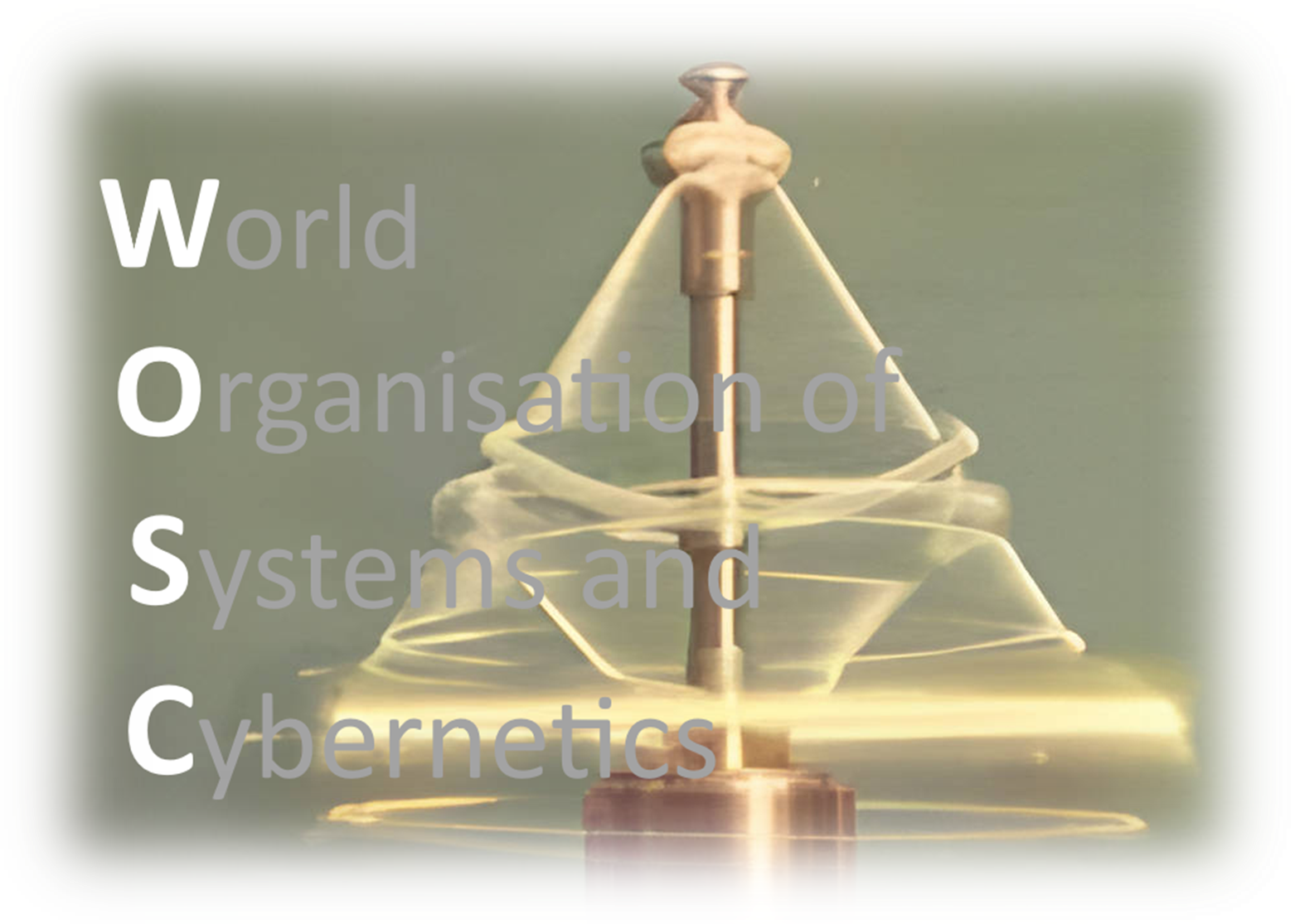Coordinated by Milan Zorman, and Liu Sifeng

Section 3.1 AI in the environment of uncertainty
Coordinated by Yingjie Yang and Massimiliano Pirani
Real-world systems are always challenged with various uncertainties, and the application of AI has to deal with the existence of uncertainty. This theme calls for papers on methodology and applications of various data analytics models in AI with consideration of uncertainty. It covers topics on grey systems, fuzzy systems, rough sets, statistics and other related computational models and their applications in management, engineering, environment, healthcare and social economics.
This section is also devoted to some insights into the active and evident effects that AI is bringing to our scientific, technological and social spheres. In particular, AI today goes far beyond the possibilities of an analysis tool for human decision-makers and analysts but participates in the construction of shared reality between humans and machines through two-way interactions. This phenomenon is currently growing out of control in a cybernetic sense. Therefore, this section can complementary deal with what pertains not only to uncertainties (unknown knowns), but also to known unknowns and unknown unknowns, which bring into play systemic methodologies and associated tools against the complexity of wicked AI problems such as explainability, cybersecurity, and sustainability.
Section 3.2 CyberSystemic examination of Interactions, relationships, and agents of change
Coordinated by Igor Perko and Jerzy Josefczyk
Examining interactions proves challenging, leading us to scrutinize structures, system properties and relations beyond actual interactions themselves. To address this, we invite the Congress participants to discuss the general concept of interactions as a catalyst for interdisciplinary communication, which apply to all systems: social, organisational, biological, chemical quantum, mathematical, to name a few. Thereby, a challenge to systems thinkers and cyberneticians is to enhance methods to, conceptualize interactions and relations with implications for research. If done right, we may help co-designing a new transdisciplinary bridge allowing for a better understanding of the world we live in.
